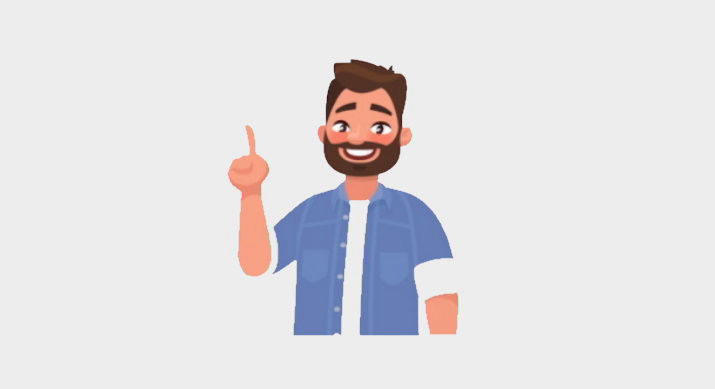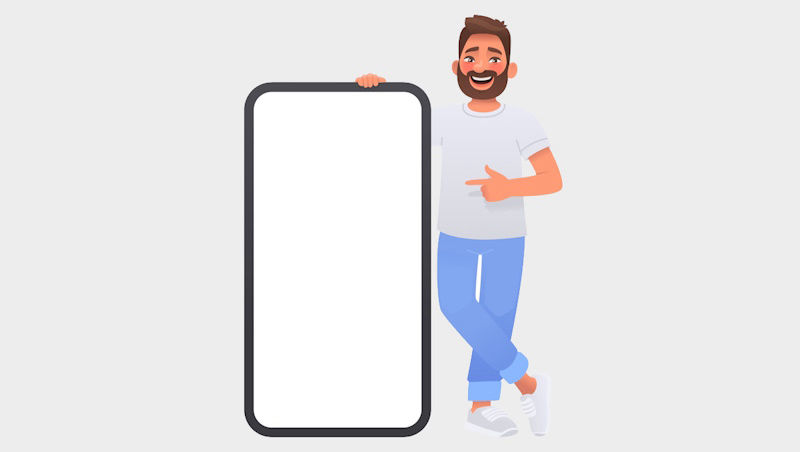
About reading

Learning to read in a new language is very important, especially for beginners at levels A1-A2. Learning to read well helps you to learn new words, understand grammar, and how the language works. Here are a few ways to practice your reading skills and some ideas on what you can use.
Let's take another look at how the course is structured. Each lesson covers more topics. We started with very simple subjects, but it became more challenging when we got to topics like verb conjugation. We mentioned that we would focus minimally on grammar, partly because we know that people often find it intimidating. However, we've still covered quite a bit of grammar because it is necessary.
In addition to gaining that basic knowledge, there are two separate skills that directly determine how well you master a language:
(1) speaking/communicating and
(2) reading.
This section is about reading. It is not a separate lesson but rather a module you can use from time to time, as reading is a distinct skill.

We will start with short and simple stories that match your reading level as an absolute beginner. These stories often repeat the same words, making them easier to remember. We introduced these reading exercises in our first lessons.
In these initial reading exercises, we use a special technique. Not only do you hear a word being read aloud, but you also see that specific word highlighted, so you can immediately recognize it. Alongside that text, you will also see the translation in your own language. These exercises can be used in the first lessons, and since we have included them separately here, you can easily find them again.

The reading exercises that are best to start right after Lesson 5 are those labeled as "A1 level exercises." These texts are more simple than the texts offered at the A2 level.
Repeat, repeat and repeat...
Even after completing all the lessons (Lessons 1 through 5), you should not assume that you don't need to repeat them. Repetition is, after all, the foundation of learning. We recommend revisiting one of the lessons from the series (Lessons 1 to 5) every two weeks.
Continue your skills to improve communication and reading
Additionally, you can continue to improve your skills in communication and reading. Of course, this will take some time, but as you notice your progress, it will boost your motivation to master the language.

The meaning of those words can always be looked up in dictionaries available on the internet (for example, using Google). By reading, you always encounter new words. Additionally, you see how those words are used in context. You also come across words you already know. So, reading also serves as a way to "review what you've already learned."

It is good to answer simple questions after reading a text to test if you have understood it. These questions can be like "Who is the main person?" or "What did that person do?".
This way, you can check for yourself whether you have understood the text.

Use DLBs!
The advantage of a DBL (Dual Language Book) is that it provides:
1. the Dutch text,
2. the text in your own language, and
3. the pronunciation.
We will primarily use these DBLs for more challenging texts (closer to A2 level). Always note down the words you don't know.
This site was started with Mobirise themes